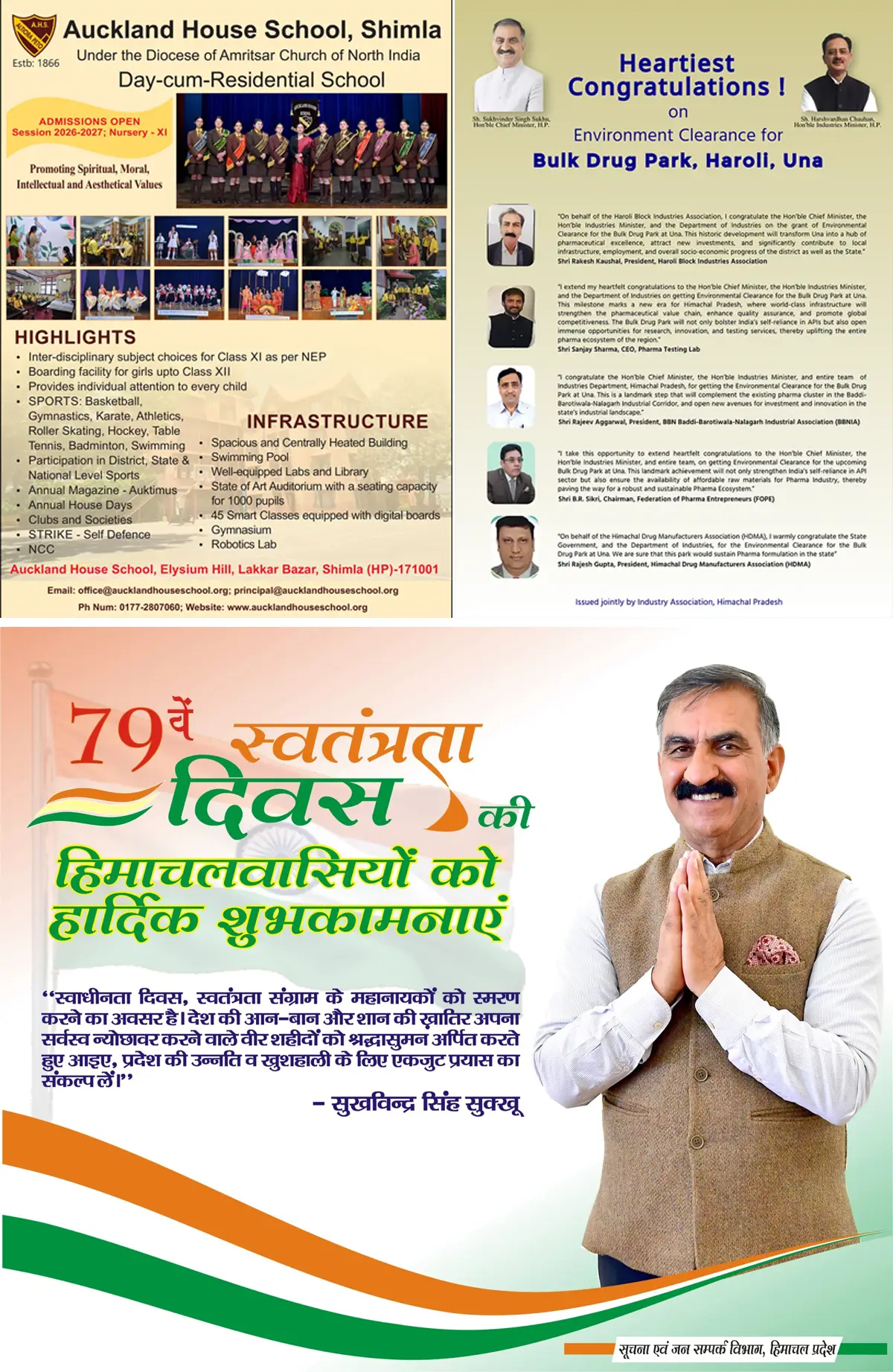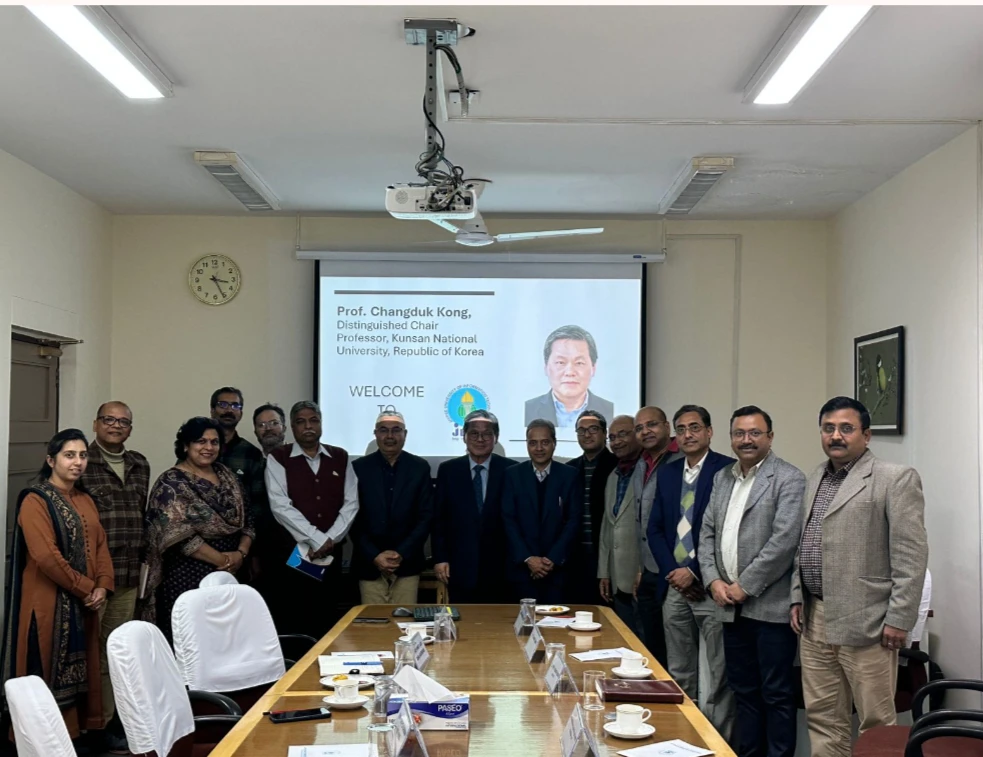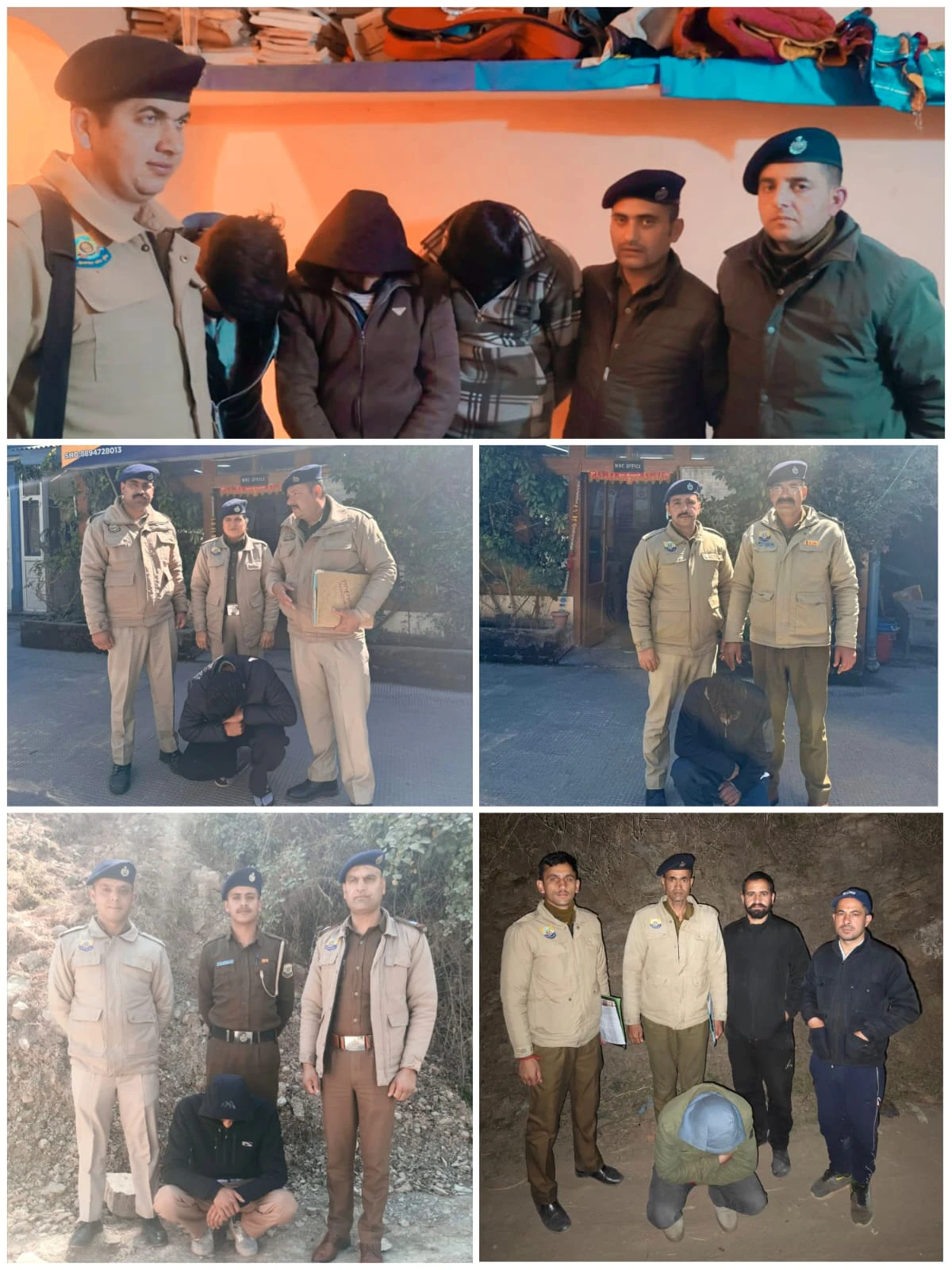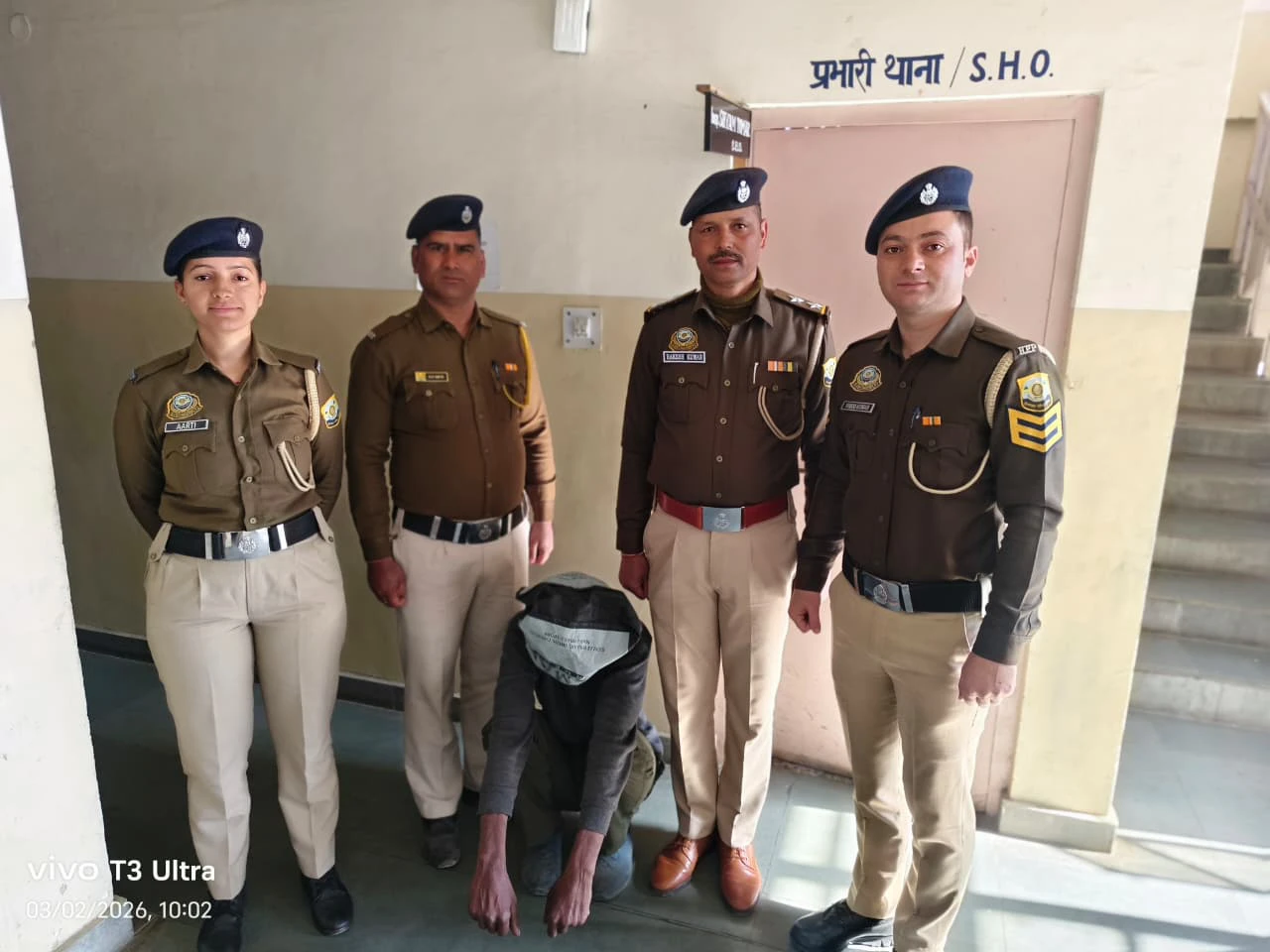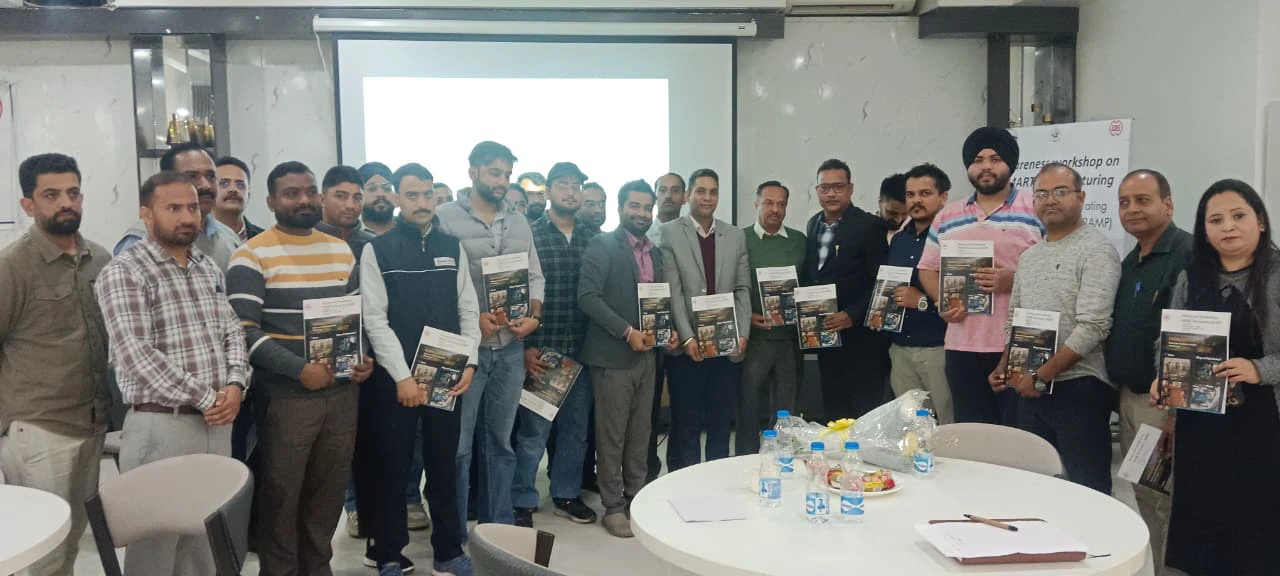Natural Farming is Sustainable Future: Nek Ram Sharma
2 min read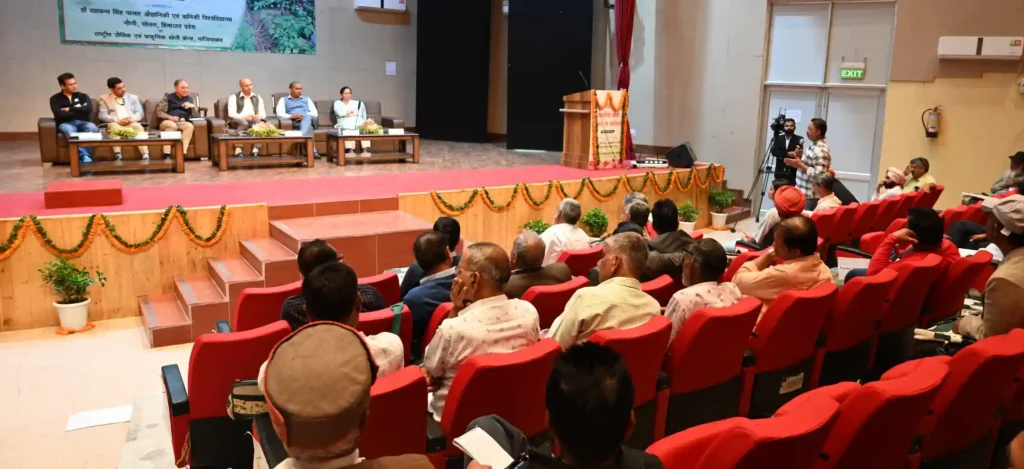
Nauni: A groundbreaking one-day Regional Mega Natural Farming Consultation and Workshop took place at the Dr YS Parmar University of Horticulture and Forestry (UHF) in Nauni, Himachal Pradesh. The event brought together over 500 farmers, scientists, agricultural entrepreneurs, and government officials from Punjab, Haryana, Rajasthan, Uttarakhand, Jammu and Kashmir and Himachal Pradesh. This consultation was jointly organized by the National Mission on Natural Farming (NMNF) and the National Centre for Organic and Natural Farming (NCONF), Ghaziabad. The primary objective of the workshop was to raise awareness, build capacity, and facilitate the certification process for natural farming practices. By fostering knowledge-sharing, policy dialogue, and practical learning, the event aimed to position natural farming as a sustainable and viable alternative to conventional chemical-based agriculture.
Nek Ram Sharma: Champion of Natural Farming and Biodiversity
In his inaugural address, Padma Shri awardee and progressive farmer Nek Ram Sharma highlighted the role of natural farming in preserving farm biodiversity. He emphasized that collective responsibility is essential for conserving biodiversity and maintaining ecological balance. Reflecting on his own journey in adopting natural farming, Sharma introduced his well-known ‘Nau Anaaj’ (9 Grains) principle and urged young farmers to be patient during the transition to natural farming. He also called on students and farmers to focus on conserving local biodiversity and protecting forest ecosystems, stressing that the shift towards environmentally friendly farming practices is no longer optional—it is imperative for the future of the planet.
Prof. RS Chandel, Vice Chancellor of UHF Nauni, who has been at the forefront of natural farming research, stressed the importance of reducing farmers’ dependence on external markets. He advocated for maximizing profits through locally available, eco-friendly farming solutions and ensuring that local populations are the primary beneficiaries of healthy, natural produce. Prof. Chandel also discussed Himachal Pradesh’s innovative CETARA certification system for natural farming, which provides a cost-effective and hassle-free certification process for farmers, giving them a competitive edge in the marketplace. He further commended the efforts of the Assistant Technology Managers and Block Technology Managers, who have been instrumental in promoting natural farming practices across diverse terrains—from plains to high-altitude cold deserts. He also thanked the Himachal Pradesh government for its support in setting the Minimum Support Price for maize and wheat grown through natural farming.
Dr. Inder Dev, Director of Extension Education and Workshop Coordinator at UHF Nauni, explained that the workshop served as an interactive platform for stakeholders to understand the government’s efforts in promoting natural farming. He highlighted the university’s achievements, including its designation as a national center for natural farming under the National Mission on Natural Farming. He added that the university is also collaborating with national and international organizations to further promote natural farming and is working with four Farmer Producer Companies (FPCs) to build capacity with the support of the state government and NABARD. Additionally, the university is developing a Sustainable Food Systems Platform to support natural farming practices.


